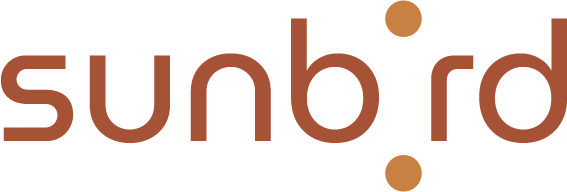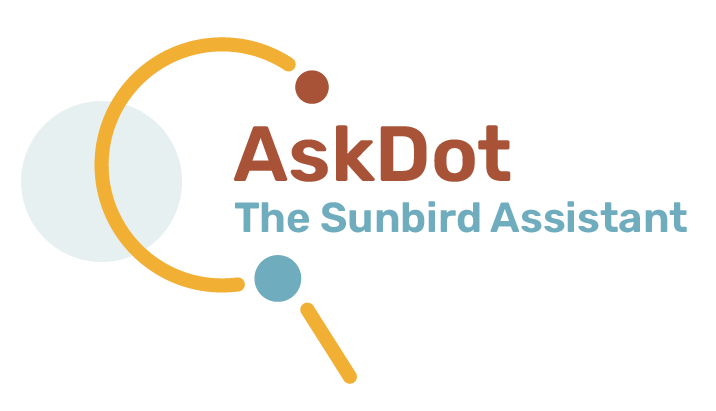Opportunity Module
< Back
Sunbird Microservices
Sunbird is a digital infrastructure for learning.
Sunbird is developed by EkStep Foundation to fulfill its education mission to enhance access to learning opportunities at scale for millions of learners particularly in the K-12 space. Sunbird is a modular digital infrastructure that could serve the needs of under resourced environments and contexts. It is designed to support multiple languages and multiple teaching and learning solutions by providing the building blocks for the development of platforms and learning solutions to suit various use cases, contexts and needs.
Sunbird is open sourced under MIT license and offers a range of capabilities through over 100 microservices. These microservices can be grouped under various categories and subcategories according to their functionality and relevance. Below is one such classification of Sunbird microservices.
Sunbird has 10 categories of microservices:
1. Content and learning services: These services provide the ability to organize knowledge across various learning content and frameworks. They power the learning Maps (taxonomy of concepts) and delivery of the content (course, assessment) through an adaptive learning experience.Content services are further divided into 4 subcategories:
Taxonomy services
Content services
Assessment services
Course services
2. Language services: These services provide the capabilities to support multiple languages on the platform at scale. Language services are further divided into subcategories:
Wordnet services
Translation and transliteration services
Language complexity services
Text analysis services
3. Collaboration services: These services enable multichannel collaboration and communication among users and other systems. They allow messaging, targeted notifications and collaborative content creation. Collaboration services are further divided into subcategories:
Notification services
Announcement services
Content collaboration services
4. Registry services: These services are a group of registries related to learning (example users, organisations, locations, devices) that can be used for publishing data and for enabling authorised users and systems to access the data digitally. Registry services are further divided into subcategories:
User and organisation services
Geo location services
Device services
5. Credentialing services: These services provide the ability to issue and store digital credentials that are freely portable and easily verifiable. Credentialing services are further divided into subcategories:
Certificate generation services
Certificate registry services
6. Telemetry services: These services provide the capability to generate, collect and stream raw telemetry data in the system. Telemetry services are further divided into subcategories:
Data services
Data pipeline services
7. Measurement services: These services enable to create and schedule various "measurements and metrics" over the raw data captured through telemetry services. These measurements and metrics can be published through dashboards and reports. Measurement services are further divided into subcategories:
Data product services
Each of the subcategories of services in Sunbird are a collection of a bunch of microservices. Users and digital systems can interact with these microservices through APIs (Application Programming Interface) - a well-defined contract to understand the input and output of a microservice.
To access the APIs and microservices, please refer to the Sunbird technical documentation.
Source : Societal platform


